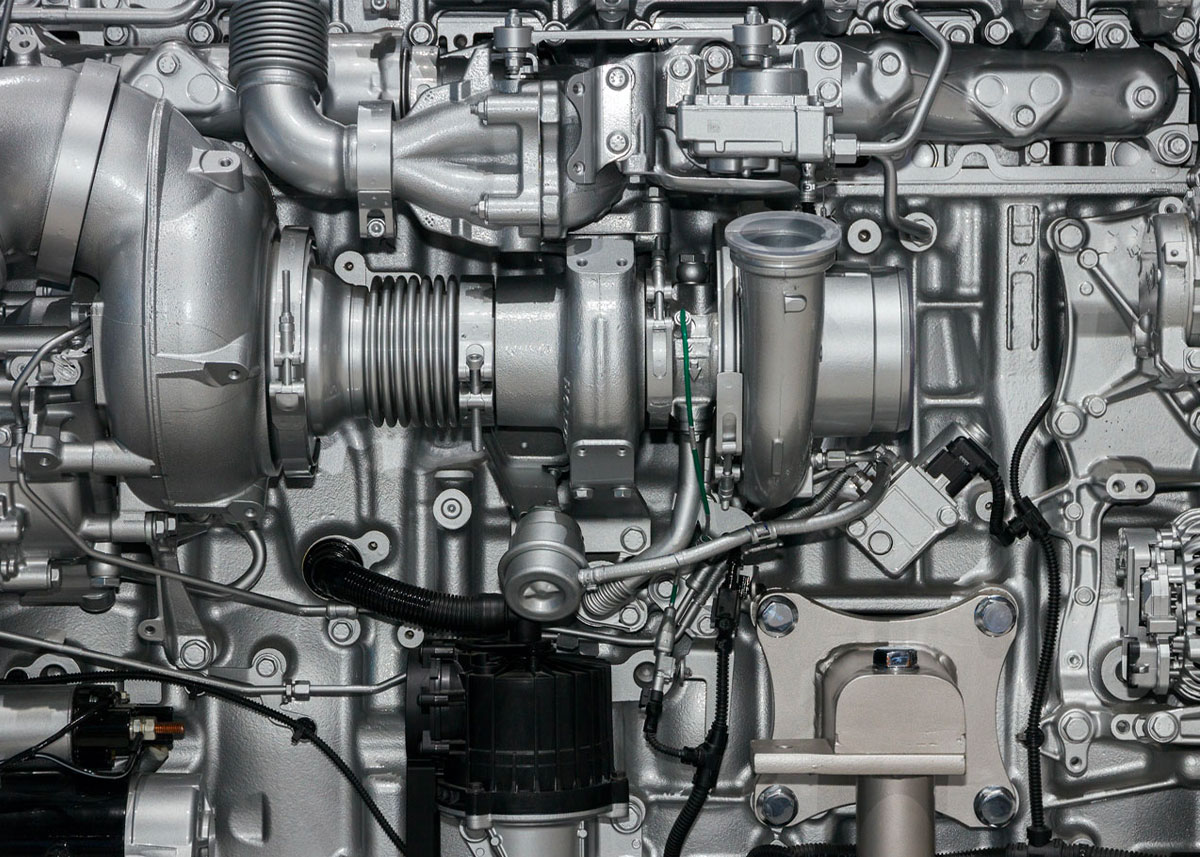Engines For Africa: Your Relied On Companion for Electric Motor Demands
Engines For Africa: Your Relied On Companion for Electric Motor Demands
Blog Article
A Full Overview to Choosing the Right Engine for Your Job
Picking the appropriate engine for your project is a critical decision that can significantly impact its overall success. Each of these elements plays a crucial role in making sure that your selected engine not just satisfies immediate objectives yet additionally lines up with long-term ambitions.
Define Your Project Requirements
Specifying your project requires is a crucial action in picking the ideal engine for successful implementation. A comprehensive understanding of your task's goals will lead you in determining the abilities and features needed from an engine. Begin by describing the extent of your job, including the preferred functionality, target market, and the particular end results you aim to achieve.
Following, think about the technical requirements that align with your task goals. This consists of reviewing the compatibility of the engine with existing systems, along with the programs languages and structures that will be made use of. Additionally, examine the degree of scalability required to fit future development or changes sought after.
Budget restrictions additionally play a vital role in defining your task requires. Develop a clear financial framework to guide your decision-making process, making certain that the engine selected fits within your budget plan while supplying the essential functionality.
Evaluate Performance Demands

Engines that sustain straight scaling are frequently better for larger applications. In addition, review the engine's performance under various conditions, such as peak use circumstances, to ensure it meets your dependability standards.
Consider Simplicity of Use
While technological requirements are crucial, the convenience of usage of an engine can considerably impact the development procedure and general project success. An intuitive user interface, clear documents, and streamlined workflows can considerably decrease the understanding curve for developers, allowing them to focus on creativity and problem-solving instead than coming to grips with facility tools.
When evaluating an engine's simplicity of use, think about the onboarding experience. A well-structured introduction, full with tutorials and sample tasks, can assist in a smoother transition for brand-new users. In addition, the clearness and comprehensiveness of the engine's documentation play a crucial duty; detailed overviews and API recommendations can encourage designers to troubleshoot and carry out features effectively.
An engine that allows for simple adjustments can be a lot more user-friendly, as programmers can tailor it to fit their specific requirements without substantial trouble. Ultimately, choosing an engine that focuses on convenience of usage can lead to an extra satisfying and effective development experience.
Assess Area and Assistance
The strength of an engine's area and support network can significantly influence a developer's experience and success. When analyzing an engine, take into consideration the size and task degree of This Site its area.
Moreover, evaluate the availability of official assistance channels. Trusted paperwork, receptive consumer assistance, and normal updates are essential for addressing technical issues and maintaining your job on the right click resources track. Engines For Africa. Active areas also foster partnership, giving possibilities for networking and responses, which can be vital, especially for little teams or independent designers
In addition, investigate the presence of community-run occasions, such as hackathons or meetups. These events can improve your understanding of the engine while attaching you with seasoned users and prospective collaborators. In summary, a durable area and support system not only improve advancement yet additionally produce an environment for discovering and technology, eventually enhancing the likelihood of your task's success.
Contrast Cost and Licensing Options
Budget plan considerations play an important function in selecting the best engine for your task, as the cost and licensing choices can dramatically influence both temporary costs and long-term stability. Engines For Africa. Various engines use differing prices frameworks, which can include single purchase fees, subscription versions, or revenue-sharing arrangements based on your job's profits

Licensing options likewise vary considerably. Some engines are open-source, using adaptability and community-driven assistance, while others may need proprietary licenses that limit use and distribution. Understanding the implications Read Full Article of each licensing model is essential, as it influences possession rights, future scalability, and possible lawful responsibilities.
Verdict
To conclude, picking the suitable engine for a job demands a thorough assessment of defined job needs, efficiency requirements, ease of usage, neighborhood support, and cost considerations. By systematically dealing with these important variables, decision-makers can make certain positioning with both existing and future project needs. An educated selection inevitably enhances the probability of job success, making it possible for efficient source appropriation and optimizing possible end results within the defined financial constraints.
Selecting the appropriate engine for your project is a critical choice that can considerably influence its overall success.Specifying your job needs is an essential step in choosing the ideal engine for effective application. A thorough understanding of your task's goals will certainly assist you in identifying the capacities and features needed from an engine.When you have a clear understanding of your job needs, the next action is to evaluate the performance needs of the engine.In verdict, picking the appropriate engine for a job requires a comprehensive examination of specified project demands, efficiency needs, ease of usage, area support, and cost factors to consider.
Report this page